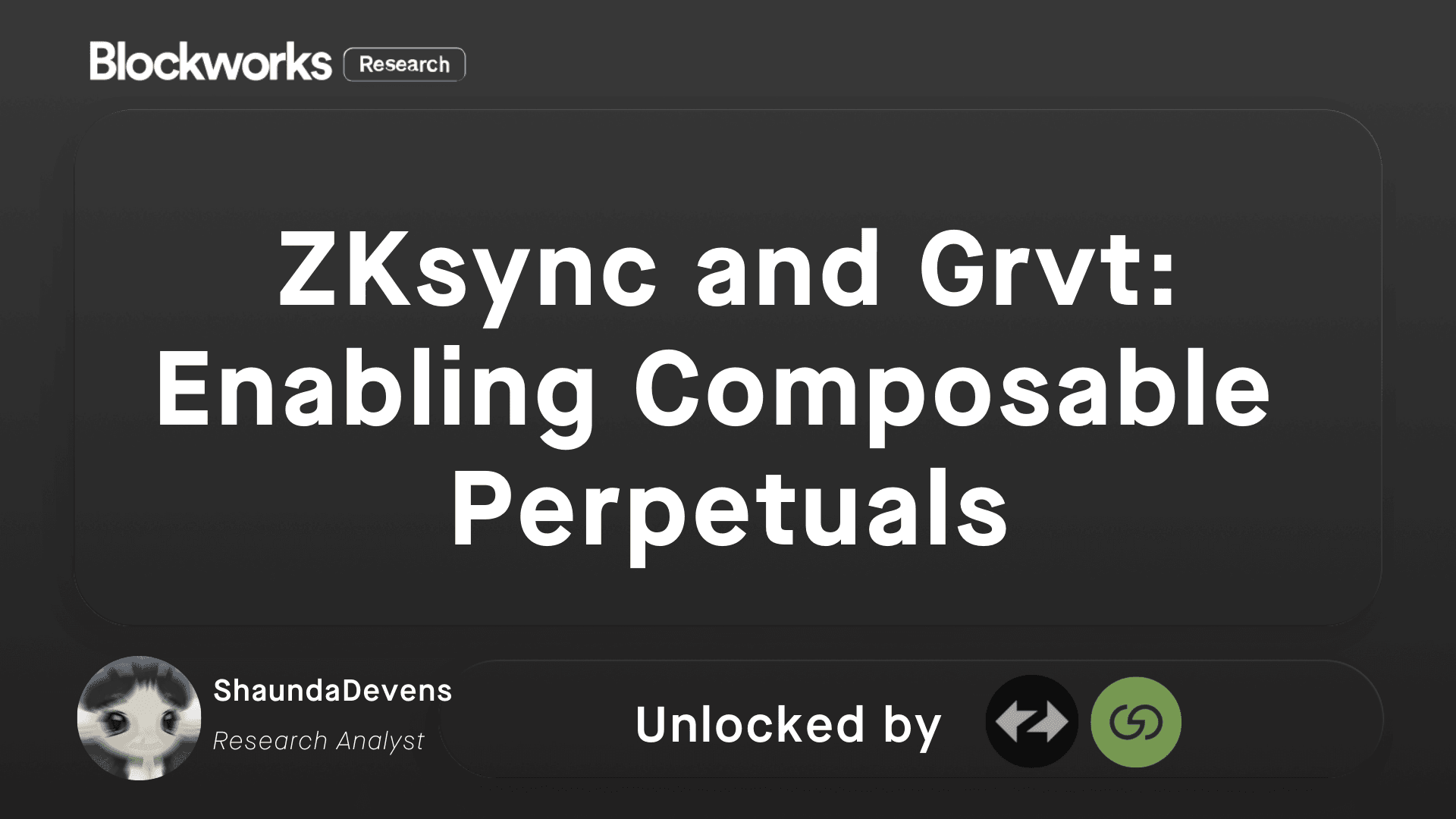Lido is a liquid staking protocol, allowing users to deposit an asset and receive a token representing that asset and its staking rewards, while Lido stakes that asset in the backend. Lido offers two main products: staked assets (e.g. stETH) and wrapped staked assets (e.g. wstETH). Staked assets trade at 1:1 to the underlying asset while rewards are given by updating the amount of tokens a speicifc address owns. For example, 1 stETH at a 5% staking rate would result in 1.05 stETH in the user's wallet after a year. Wrapped stake assets are a version of staked assets where the token increases in its relative price based on the amount of rewards, as opposed to the number of tokens. For example, 1 wstETH at a 5% staking rate would result in 1 wstETH being priced at 1.05 ETH after a year. Currently, the Lido protocol automatically deducts 10% of rewards. This fee is split between node operators, the DAO, and a coverage fund.
The Lido Ethereum Staking Protocol, built on Ethereum 2.0 Beacon chain, allows users to earn staking rewards without the 32ETH minimum. Users can deposit Ether to the Lido smart contract and receive stETH tokens in return. The smart contract then stakes tokens with the DAO chosen validator. Users' deposited funds are pooled by the DAO, node operators never have direct access to the users' assets.
Unlike solo-staked staked ETH, the stETH token is free from the limitations associated with a lack of liquidity and can be transferred at any time. The stETH token balance corresponds to the amount of Beacon Chain ETH that the holder could withdraw if state transitions were enabled right now in the Ethereum 2.0 network. For now, the only way to "withdraw" stETH to ETH is through trading on an exchange. However, the Shanghai hard fork currently scheduled for March 2023 will enable withdrawals.
Lido also offers the same service for staking Kusama (KSM), Polkadot (DOT), Polygon (MATIC), and Solana (SOL), with more on the way as decided by governance. It is worth noting that there could possibly be smart contract risk in Lido that may not exist in native staking. With stakes assets there could be tax concerns as you receive rewards consistently and some countries might consider the swap from ETH to stETH a taxable event.


